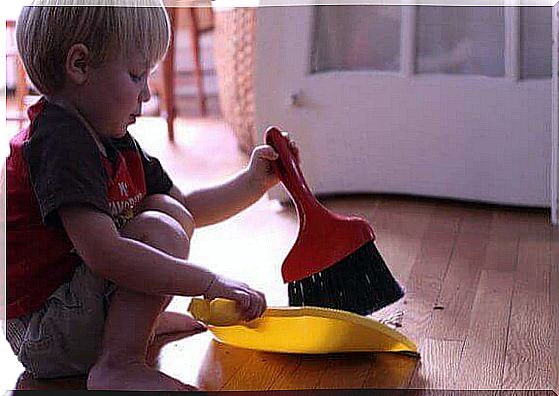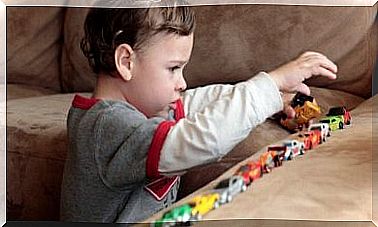Children’s Housework Lists And Their Benefits

Doing homework is important for a child’s development, and a homework list can be introduced to motivate the child. Well-done housework lists help the child follow the instructions and schedules set by their parents.
The schedule helps to organize the day’s activities in a logical order, and the child learns to perform certain tasks independently. Has homework lists been introduced in your home to make everyday life easier?
Why are children’s housework lists necessary?
At first, children may not listen to the instructions given by adults. You need to repeat the instructions a few times before you get your child to listen to them.
To avoid this, children’s housework lists are a great tool. They help the child’s mental development as well as mature faster.
There is no better way for a child to learn to do homework – which they can do as an adult – than to start doing it at an early age.

How to help a child make homework lists?
The child can make their own homework list. That way, he’s also more enthusiastic about it. However, it is good for you to help him do that. You can start by sitting down and picking up a pen and paper.
Start by asking the child what he or she would like to do as soon as he or she wakes up. Then write down all the answers given by the child.
Edit and Organize Answers. Keep the main idea in mind and place all the tasks on paper.
It is very important that every homework is described in as few words as possible. You can also add pictures next to the words so that the child can interpret the list later.
Let the child draw pictures from the list. Another option is to use ready-made images to describe each homework.
What are the benefits of using homework lists from an early age?
Routines help the child organize their mind and give enough time to do each task.
Children’s housework lists help the child focus, learn independence, stimulate self-esteem, be independent of others and achieve things on their own, as well as increase the child’s responsibility.
When a child learns to follow his daily routines at an early age, he becomes more systematic and it also promotes the child’s sense of responsibility. The child learns to commit to things better, is more aware of his or her own behavior and is responsible for his or her own actions.
Security and independence
One of the great benefits of using children’s homework lists is that it improves a child’s self-esteem.
When a child does familiar routines on a daily basis, the child is more confident about himself or herself, trusts other people better, and sees the world more positively. At the same time, the child feels that he or she is able to control his or her environment in which he or she lives to some extent.
Homework lists also stimulate a child’s independence, as following certain routines is a great exercise to be independent of others. When a child learns to perform his or her duties on his or her own, he or she is more independent of his or her parents and develops his or her own abilities.
Helps in communication and mental development
Homework lists promote the family’s key communication in a positive direction. It can be exhausting to constantly remind a child of what he or she should do.
This is often the cause of disputes. You will also feel less stressed if your child does what he or she is supposed to do.
Following homework lists also helps in a child’s emotional development. The child clearly understands the daily routines, which has a positive effect on him, as his life is in some sort of order.
This also creates a sense of security for the child, which can lead to better self-control as well as self-confidence over time.

Some ideas
Homework lists are simple talks that contain different columns. On the other side of the list you should write the days of the week. Then write on the other side of the list the housework that the child should do, such as cleaning, preparing breakfast, brushing their teeth, and eating.
In the middle of the table is an empty column in which the child writes the time when the homework was done.
When the week is over and the child has done all his homework without having to be reminded, give him a small prize. It will motivate the child to continue in the same pattern. However, remember to give the child something that has emotional value, not a completely material asset.








